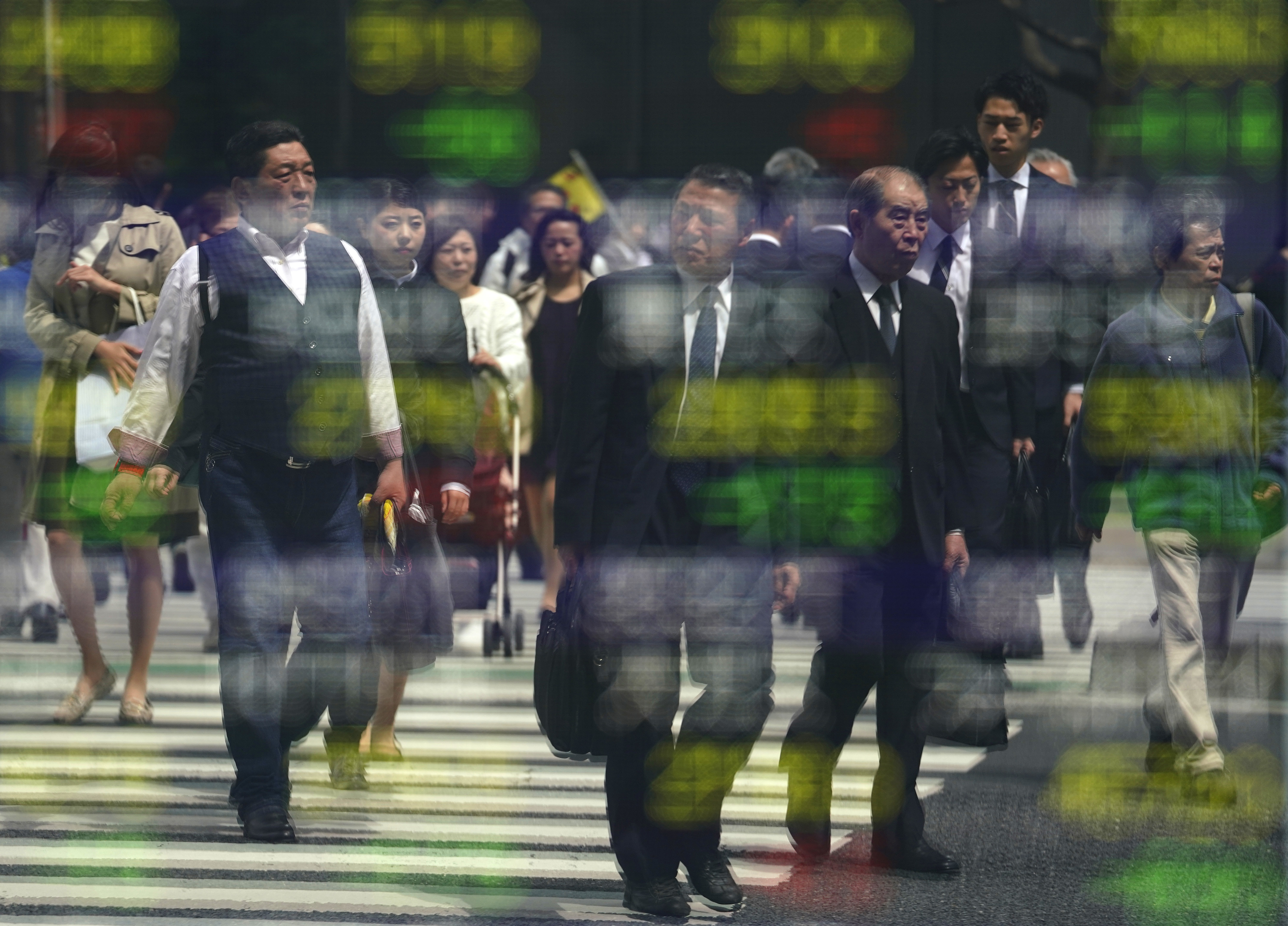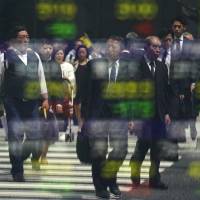Japan's population fell for a seventh consecutive year in 2017, with people 65 or over accounting for a record 27.7 percent of the total, government data showed Friday.
According to the World Health Organization, a country is considered an "aging society" when the proportion of people 65 or older exceeds 7 percent, an "aged society" if it surpasses 14 percent, and a "super-aged society" if it is over 21 percent.
As the world's most aged society, Japan has the highest proportion at 27.7 percent.
The population stood at 126.70 million as of Oct. 1, down 227,000, or 0.18 percent, from the previous year, with 40 of the 47 prefectures seeing declines, according to the data from the Internal Affairs and Communications Ministry.
Of the seven prefectures that saw increases, Tokyo had the highest growth of 0.73 percent.
The data include foreign workers and students who stayed for more than three months.
The number of Japanese fell to 124.64 million, marking a record annual decline of 372,000.
The working-age population ranging from 15 to 64 years stood at 75.96 million, accounting for 60 percent of the total.
Those 75 or older stood at 17.48 million, accounting for 13.8 percent of the total, while those under 15 stood at 15.59 million, or 12.3 percent.
Japan's population is rapidly declining and aging as a result of a very low birthrate.
A government institute projected in April 2017 that the population would fall below 100 million in 2053 and drop to 88.08 million by 2065, when people 65 or over will account for 38.4 percent of the total.




